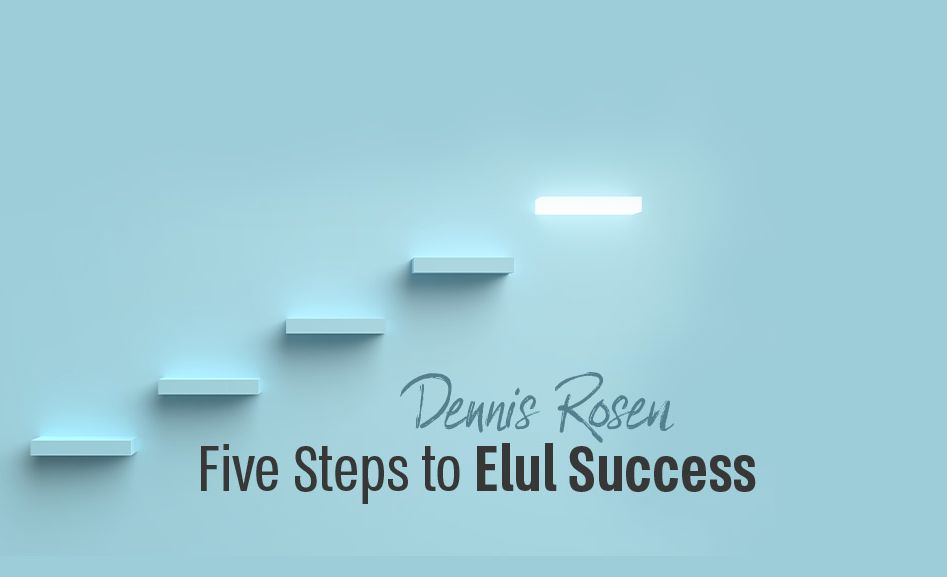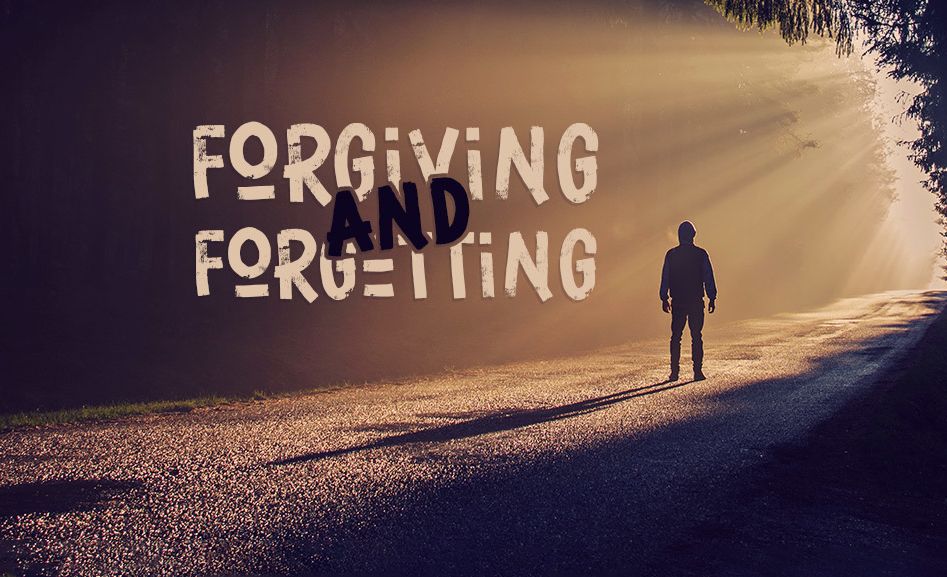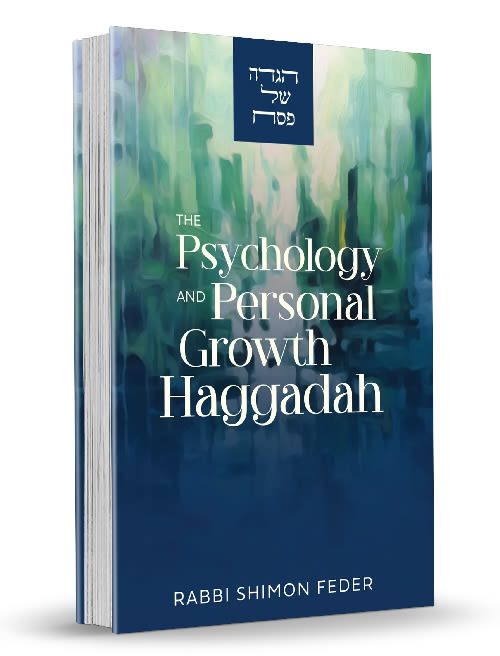
The Anti-Arrogance Tool
We are tested at every moment; that's why we must listen so carefully to the inner voice that asks, "Where are you?" Do we have an answer? Do we know our true place in life?

A person must remind himself daily that if he has succeeded in doing Hashem’s will and not sinning, it’s because Hashem has come to his or her aid. Perhaps their prayers invoked Divine help. Or maybe they performed a good deed that merited enhanced Divine protection from sin. Or maybe Hashem is simply not testing them. But a person must know that he is prone to sin; the fact that he does not sin does not yet prove that he is above sin.
With the latter in mind, I once heard from Rabbi Asher Freund, of saintly and blessed memory, that a person must clarify his true spiritual level both from the positive as well as the negative. He should attribute his successes to Divine assistance, realizing that the good in his life is all Divine abundance. King David said, “My good in life is completely from You,” (Psalm 16:2), meaning that his good all comes from Hashem. This is the right way to regard our good points, not as something we’ve attained on our own that might give us reason to be conceited. The Torah stresses this point when it says, “And you shall remember that Hashem gives you the power to succeed” (Deuteronomy 8:18).
In like manner, a person should neither despair about his weak points nor persecute himself. He should realize that they are an opportunity to help him get closer to Hashem. Once he realizes that he can’t correct himself on his own, a person turns to Hashem with greater earnest and sincerity. His need to improve is the very agent that strengthens his connection with Hashem. This is the right way to look at one’s drawbacks and weak points, using them as an impetus to cling to Hashem with greater effort.
 We are tested at every moment; that’s why we must listen so carefully to the inner voice that asks, “Where are you?” That helps us keep our heads above the water.
We are tested at every moment; that’s why we must listen so carefully to the inner voice that asks, “Where are you?” That helps us keep our heads above the water.
Being honest with oneself, acknowledging the potentially catastrophic results of one’s obstinate evil inclination and understanding that Hashem is the source of all good enables us to see ourselves in proper perspective. A person who realizes that this world is like walking on a tightrope high in the air knows that he needs help every single second in order avoid from falling as well as a safety net to catch him if he does fall – that’s Hashem! Feeling that way, we call out to Hashem all the time, even before we cross the street. Who can guarantee that we’ll get to the other side? The healthy type of fear is the fear of being a single moment without Hashem; that’s what King Solomon meant when he said, “Happy is the man who is always afraid” (Proverbs 28:14).
The sixth chapter of Tractate Avot in the Mishna describes forty-eight character traits that are conducive for learning Torah. One of them is makir et mekomo – one who knows his place; in other words, he has neither delusions of grandeur nor feelings of inferiority. He is honest with himself, recognizing his own shortcomings and seeking Hashem’s assistance constantly. He is aware of the work he has to do on himself and knows that such a prodigious task as character improvement cannot be done on his own but only with Hashem’s help. His honesty and humility make him a prime candidate both for Torah excellence and for self-betterment.
Those who live in denial of their shortcomings exist in a fantasy world. Their inaccurate view of themselves distorts their view of the world and of everyone else. They are far from Hashem, far from Torah and certainly far from character refinement, for they don’t recognize their true spiritual level.
A person who is busy with constantly answering the little voice that calls out “where are you”, doesn’t have time to talk about other people, to criticize others or to become arrogant. He knows that he has plenty to correct before noticing someone else’s shortcomings. He knows that if Hashem is showing him someone else’s negative aspects, Hashem is probably conveying the message that he needs improvement in the same exact area. But, if a person ignores or doesn’t hear the voice that’s calling out “where are you”, he becomes arrogant and smug, falling prey to the myth that he or she is better than everyone else. And, because of his or her arrogance, Hashem doesn’t help them and they end up exhibiting the same negative phenomena that they saw in others.
Knowing one’s true place is no easy task. But, once a person starts striving to be honest with Hashem and with himself, he won’t consider himself superior to anyone and certainly won’t act that way. He won’t think of himself as the righteous individual of the generation whose task it is to rectify the universe. He’ll neither judge others nor disparage any human being, for he knows that he is prone to the same mistakes that the worst criminal makes, and that if he didn’t sin, it was because Hashem helped him. Therefore, no one in the world has the right to feel superior to anyone else in the world. The arrogant who do feel that they’re better than others simply lack the anti-arrogance tool of knowing their true place in life. That is precisely the anti-arrogance tool that we’re trying to obtain in the month of Elul.












Tell us what you think!
Thank you for your comment!
It will be published after approval by the Editor.